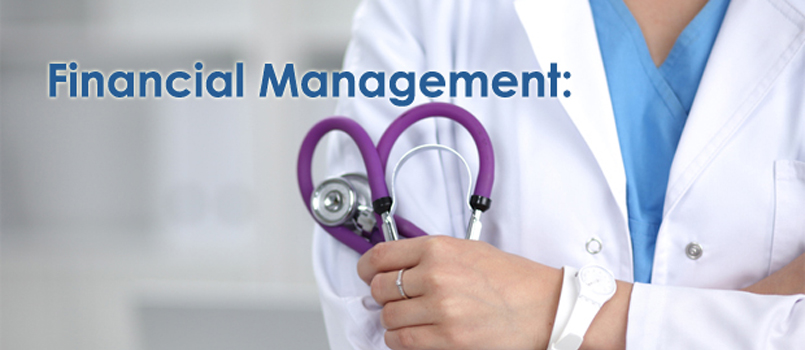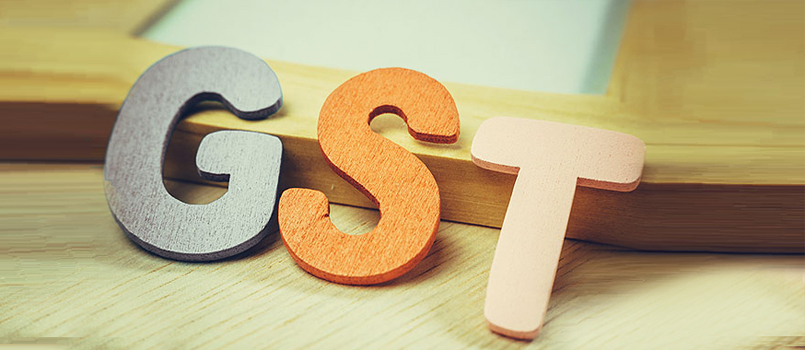
I have come across many incidences where professionals had to pay additional interest to the government as they failed to pay their professional tax and this happens because most of them were unaware of Professional Tax. Some also have misconception that taxes are to be paid only when their income comes in the tax bracket & they approach CA only when their income becomes taxable under Income tax. This blog is an attempt to expound the concept of professional tax and help you save on penalties.
Visit the DentistFriend dental portal to write blogs and participate in discussion forums.
What is Professional Tax Or PT?
PT is a tax charged on the income earned by way of profession or employment. This is additional to income tax and has to be paid to State Government. Professionals like doctors, lawyers, chartered accountants, artists etc comes under the purview of this tax. This is a slab-based tax and the rates vary state to state however the maximum amount that can be charged as PT by any state is Rs. 2500 annually.
Registration for Professional Tax
It is advisable to register your practice for PT immediately after commencement of dental practice. Before registering yourself for PT, you need to understand two main things one is PTRC and the other is PTEC.
Professional Tax Registration Certificate (PTRC) is to be obtained by the professional in the capacity of employer. For instance, if you have 10 employees working with you in your business having monthly salary more than 7500, then you need to deduct PT on their salaries every month as per the rate given (Rs.200 per month & Rs.300 for February month).
Professional Tax Enrollment Certificate (PTEC) is to be obtained by the professional for its own existence and engaging in profession (business) within the state of Maharashtra.
PTR will have to be paid according to the salary paid to employees whereas PTE is fixed at Rs.2500 annually.
How to register?
Step 1: Log on to www.mahavat.gov.in and open ‘e-PT Registration’ in e-services and fill in details like Name of the applicant, PAN, TAN, Status of Applicant and Location. Select Act as ‘PTRC/PTEC Registration’ (any one which you have to register for), the e-application for registration in ‘Form I’ will open for PTRC and ‘Form II’ for PTEC. Fill in the complete details and ‘Submit’.
Step 2: Once the application is submitted; an acknowledgement is generated containing date and time for attending before registration authority along with designation and address of registration authority. This acknowledgement has to be printed and signed by the applicant and produced before the PT registration authority at the time of verification on given date and time along with relevant documents. Once it is approved by the authority, TIN (Registration Certificate Number under the profession Tax Act) is generated.
Step 3: After obtaining Registration Certificate the certificate holders are now needed to enroll themselves for the e-services on the same website, this will enable them to file e-return and e-payment of professional tax.
The due date for paying PT is before 30th June of every financial year.
Consequences of late payment or non-payment of PT:
For late payment of PT, interest @1.25%-2% pm is levied and the state may also impose a penalty of 10% of the total amount due.
Please Click Here for the due Dates for profession tax payment
Source : DentistFriend
